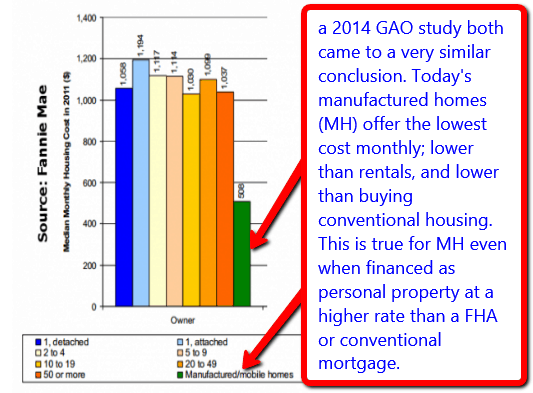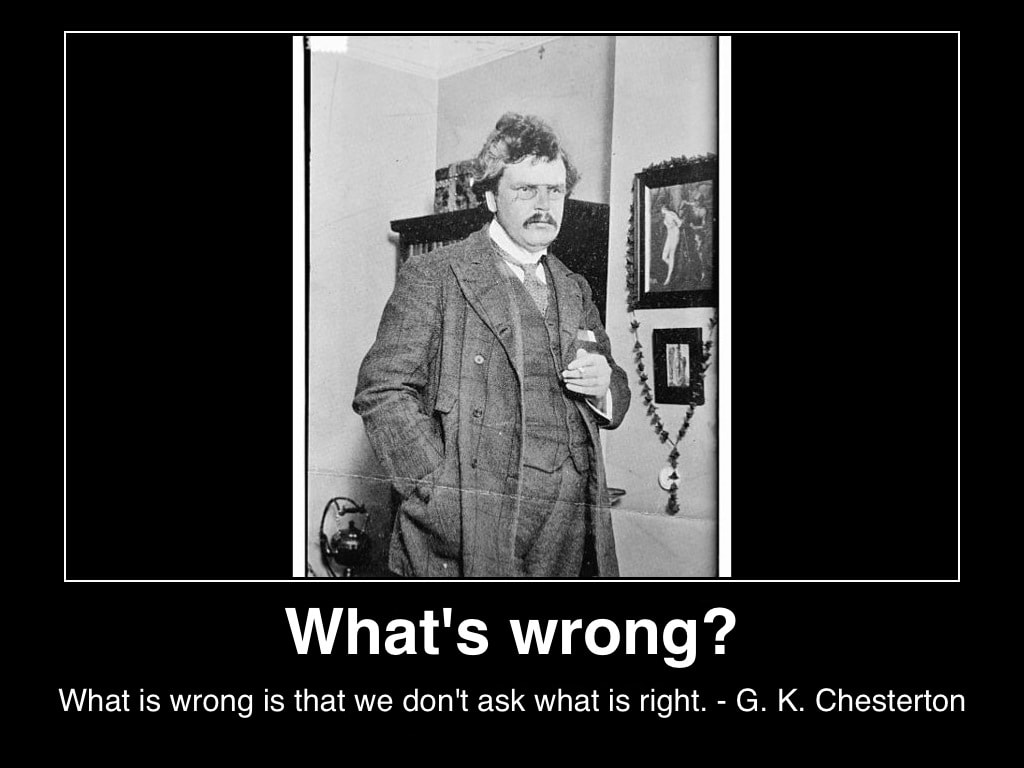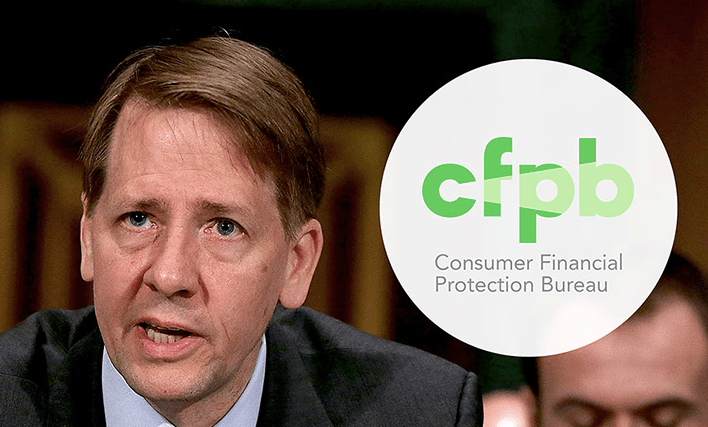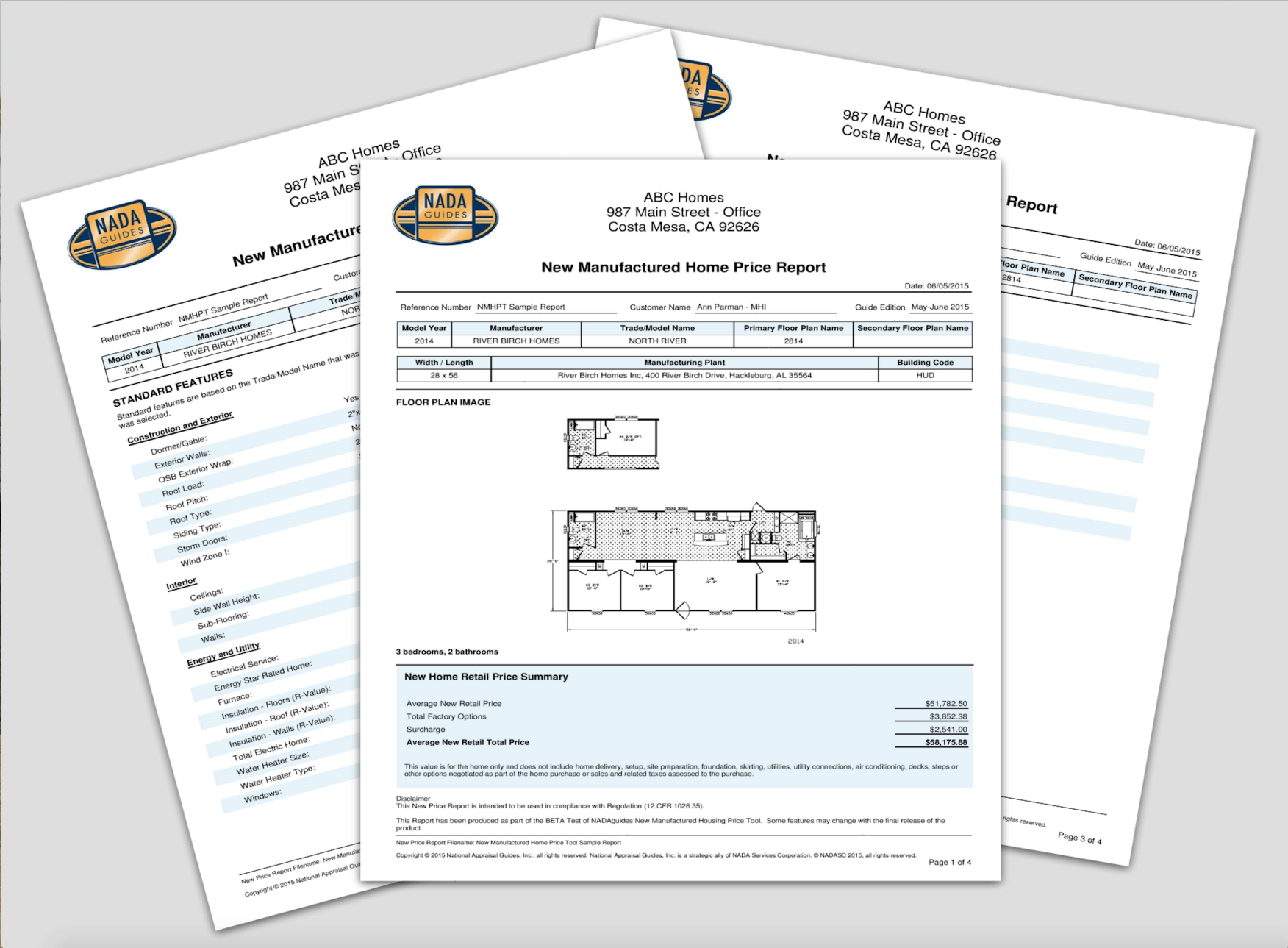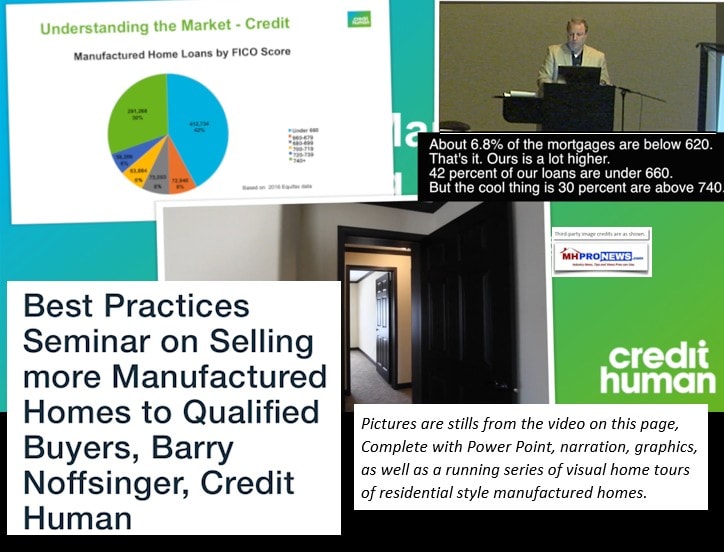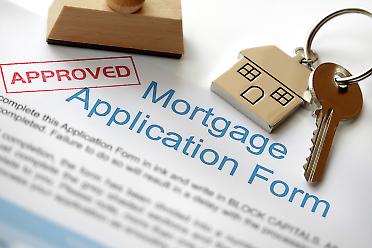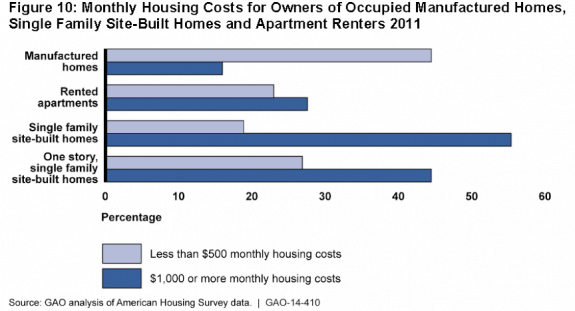
For more on the topic, we called Foremost Insurance who put us in touch with several experts on the subject. Mike Cok, Senior Vice President of Property Products at Foremost says when you consider fire damage as a percent of the home’s value, manufactured homes can carry some added risk of fire loss given that manufactured home values are typically lower than site built housing (due to their affordability).
“If a site built house and a manufactured home both sustain $10,000 of fire damage, the portion related to manufactured home value would be higher,” Cok says. “That is not the same thing as saying that fires in manufactured homes perform differently than site built, or that we have any data that suggest that there is greater frequency of fire in manufactured homes versus site built. We do not see in our data any increase in fire frequency with manufactured homes compared to site built homes.”
According to Joseph Ostrowski, University of Farmers Claims Training & Development Specialist (Foremost Insurance is a member of Farmers Insurance Group of Companies), today’s manufactured home construction is really not too far off from residential (site built) construction. Some manufacturers also offer a residential sprinkler system as part of their manufactured homes.
“We, as a training organization, also work closely with the Michigan Arson Prevention Committee to educate fire fighting professionals about manufactured home construction so they can better fight fires, help keep our customers safe and help the National Fire Protection Association.”
A recent document provided by the Manufactured Housing Association for Regulatory Reform (MHARR) sites a 1985 study by Foremost that found the incidence of fires in manufactured homes was half that of site-built homes. In addition a publication from the U.S. Fire Administration, Fires in the United States, 1992-2001 indicates that while deaths and injuries per fire incident are higher in manufactured/mobile dwellings than in residential properties overall, ten-year trends in fires and losses have declined notably (between 48 and 57 percent) due in large part to strict standards established by HUD in 1976 for improving fire safety and by the use of improved building materials. Moving forward as more and more pre-HUD code homes are replaced, the numbers should continue to improve.
Jim Dietrich, senior vice president of sales at Roy’s Home Center in Gables, Michigan says manufactured homes came to be known for burning quickly because they used to be built with paneling on the interior walls rather than sheet rock. Today, he says, manufactured homes are no more of a fire hazard than conventional homes.
“The drywall is not going to ignite,” Dietrich says. “Manufacturers stopped using paneling in the late 1980s. We’re also now using non-combustible batt insulation material.”
Thayer Long, executive vice president of the Manufactured Housing Institute was quoted in the article, saying mobile homes get an unfair rap. “There is nothing intrinsic about manufactured homes that makes them more prone to fires,” Long says. “The materials used are exactly the same as those found in other structures.”
In conclusion:
Q. Do manufactured homes burn faster?
A. Manufactured homes (homes built to the HUD Code) are engineered for fire safety and are statistically as safe as or safer than conventional housing.
by MHMSM Industry in Focus Reporter Eric Miller















